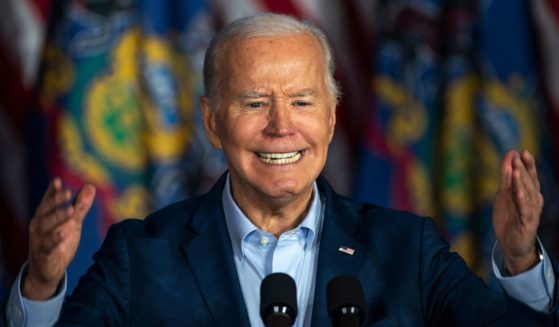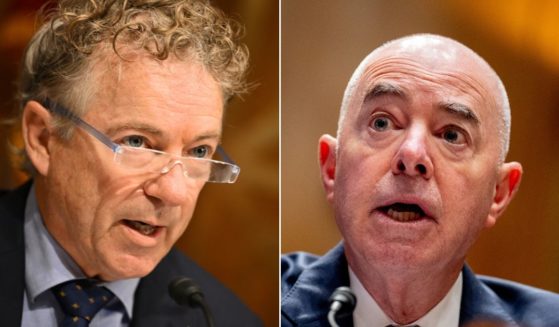Facebook Bows to Country's Demands, Will Facilitate Government Censorship
Facebook announced Monday it has begun the process of assigning a legal entity in Turkey to comply with a controversial law governing social media companies.
The law, which passed in July, requires social media companies such as Facebook and Twitter to maintain representatives in Turkey to deal with complaints about content on their platforms.
Companies refusing to designate an official representative are subject to fines, advertising bans and bandwidth reductions that would make their networks too slow to use.
“This decision does not change Facebook’s Community Standards, nor the global process for reviewing government requests, and we will withdraw the representative if we face pressure on either,” Facebook said in its statement.
According to the law, the local representative of social media companies would be tasked with responding to individual requests to take down content violating privacy and personal rights within 48 hours or to provide grounds for rejection.
The company would be held liable for damages if the content is not removed or blocked within 24 hours.
The law also requires social media data to be stored in Turkey, raising concerns in a country where the government has a track record of clamping down on free speech.
Turkish authorities fined the social media giant at least 40 million Turkish lira ($5.3 million) last year for not complying with the request to assign a representative. Advertising bans for companies that have not complied are set to begin Tuesday.
Facebook will join LinkedIn, YouTube, TikTok, Dailymotion and the Russian social media site VKontakte in setting up legal entities in Turkey.
Rights groups have said the decision by international tech companies to bow to Turkish pressure and appoint representatives would lead to censorship and violations of the right to privacy and access to information. The Freedom of Expression Association says more than 450,000 domains and 42,000 tweets have been blocked in Turkey as of October.
Amnesty International’s Turkey campaigner Milena Buyum tweeted that the law undermines freedom of expression online in a country where independent media are already curtailed.
“The consequences of compliance for human rights are huge: companies would not be able to resist arbitrary blocking/banning requests, would be compelled to provide user data,” she said.
Facebook said, “We remain committed to the Turkish community and maintaining free expression and other human rights in Turkey.”
Last week, Turkey’s antitrust board launched a probe against messaging application WhatsApp and its parent company Facebook Inc. for its new usage terms. The new terms, which were later postponed by the company, unleashed privacy concerns and prompted Turkish users to switch to other messaging apps.
Did you know that The Western Journal now publishes some content in Spanish as well as English, for international audiences? Click here to read this article on The Western Journal en Español!
The Western Journal has reviewed this Associated Press story and may have altered it prior to publication to ensure that it meets our editorial standards.
Truth and Accuracy
We are committed to truth and accuracy in all of our journalism. Read our editorial standards.












